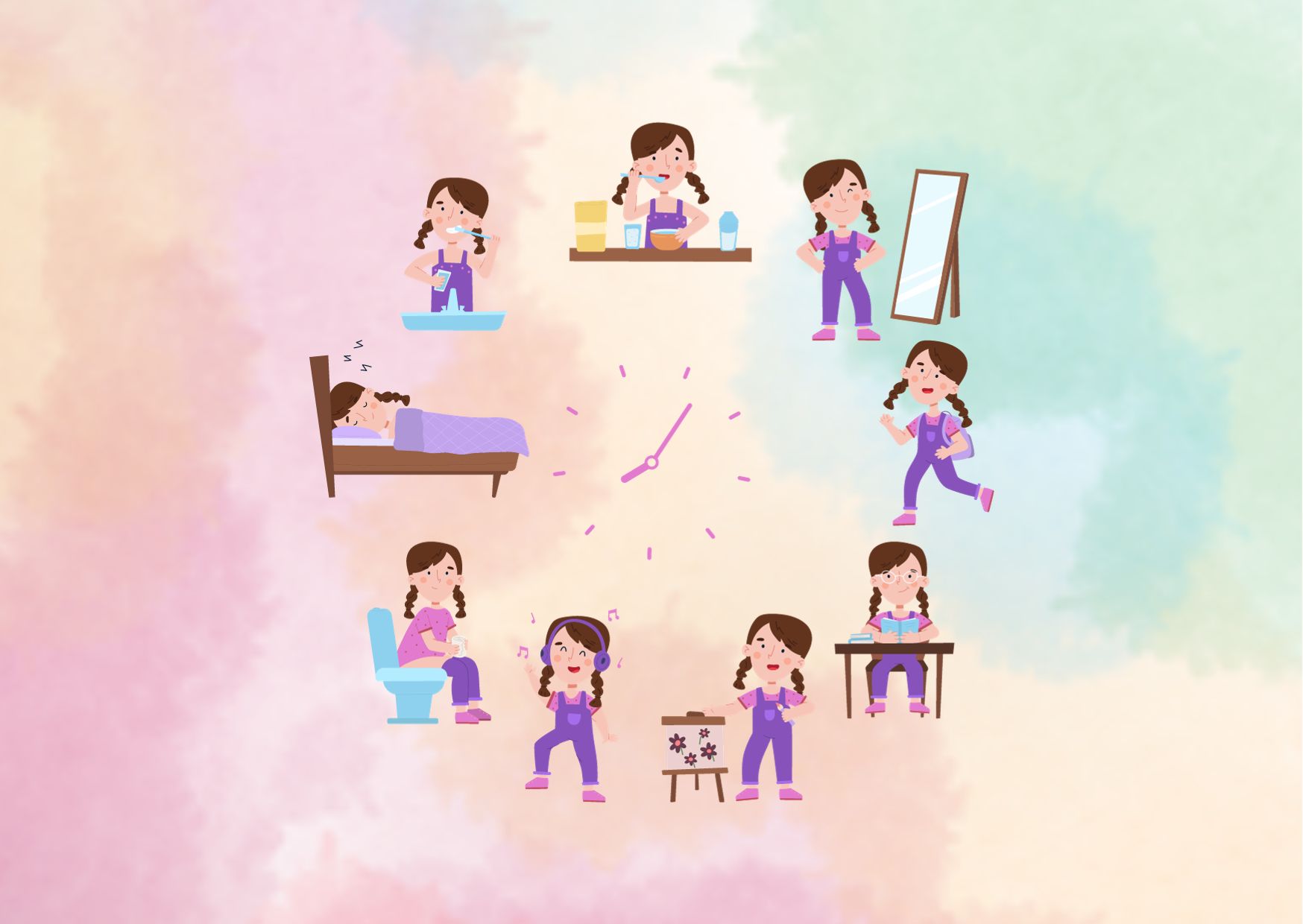Positive Impact of Routine on Mental Health
Establishing and maintaining a positive routine can have several beneficial effects on mental health. A routine provides a sense of stability and predictability, help manage stress, helps with effective time management. A consistent routine can incorporate positive habits such as regular exercise, balanced nutrition, and sufficient sleep. The demands of work, family, and personal responsibilities can take a toll on our mental health. However, by incorporating a daily routine into our lives, we can effectively manage stress, improve our well-being, and promote better mental health.
Understanding the Importance of Routine
Routines provide structure and organization to our lives. They offer predictability and stability, which can be particularly beneficial for individuals struggling with mental health conditions such as depression, anxiety, and bipolar disorder. Research has shown that routines have far-reaching mental health benefits, from alleviating symptoms of mental disorders to reducing stress and anxiety.
Positive Impact of Routine on Mental Health
Alleviating Anxiety and Stress
One of the significant benefits of having a daily routine is its ability to alleviate anxiety. By establishing predictable scenarios and creating habits, our minds can adjust and understand what to expect, reducing anxiety over the unknown. Additionally, routines help reduce stress by making situations appear more controllable and predictable. When we have a plan in place, we can feel more organized, focused, and less overwhelmed by daily tasks.
Building Healthy Habits
Positive impacto of Routine promote the development of healthy habits. By incorporating regular activities into our daily schedules, such as exercise, healthy eating, and self-care practices, we can prioritize our physical and mental well-being. These habits become ingrained over time, making it easier to maintain a healthy lifestyle and improve our overall mental health.
Improving Sleep Quality
Sleep plays a crucial role in our mental health. Establishing a regular sleep routine can significantly impact our well-being. By going to bed and waking up at the same time each day, we regulate our body’s internal clock, known as the circadian rhythm. This consistency helps improve sleep quality, leading to better mental clarity, increased energy levels, and improved mood.
